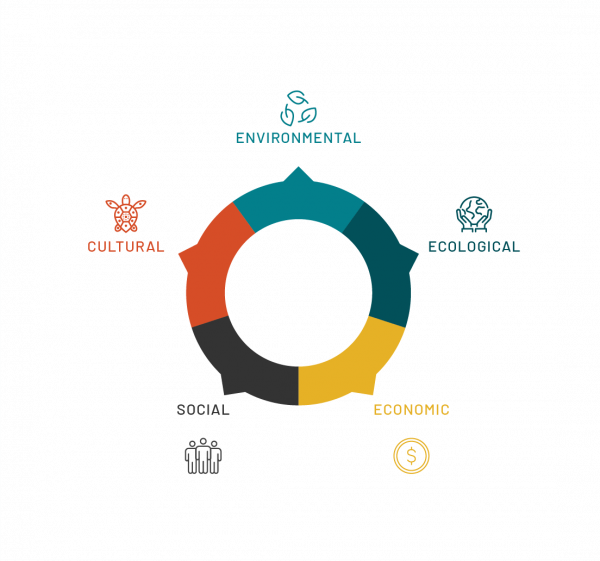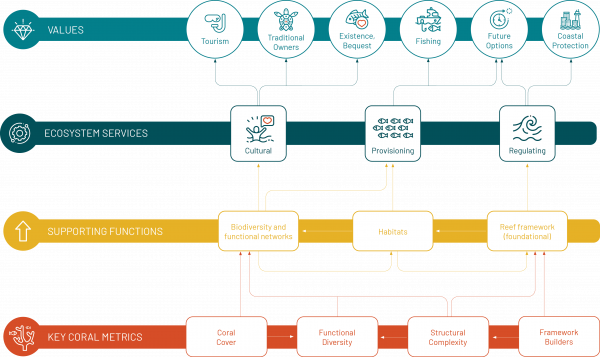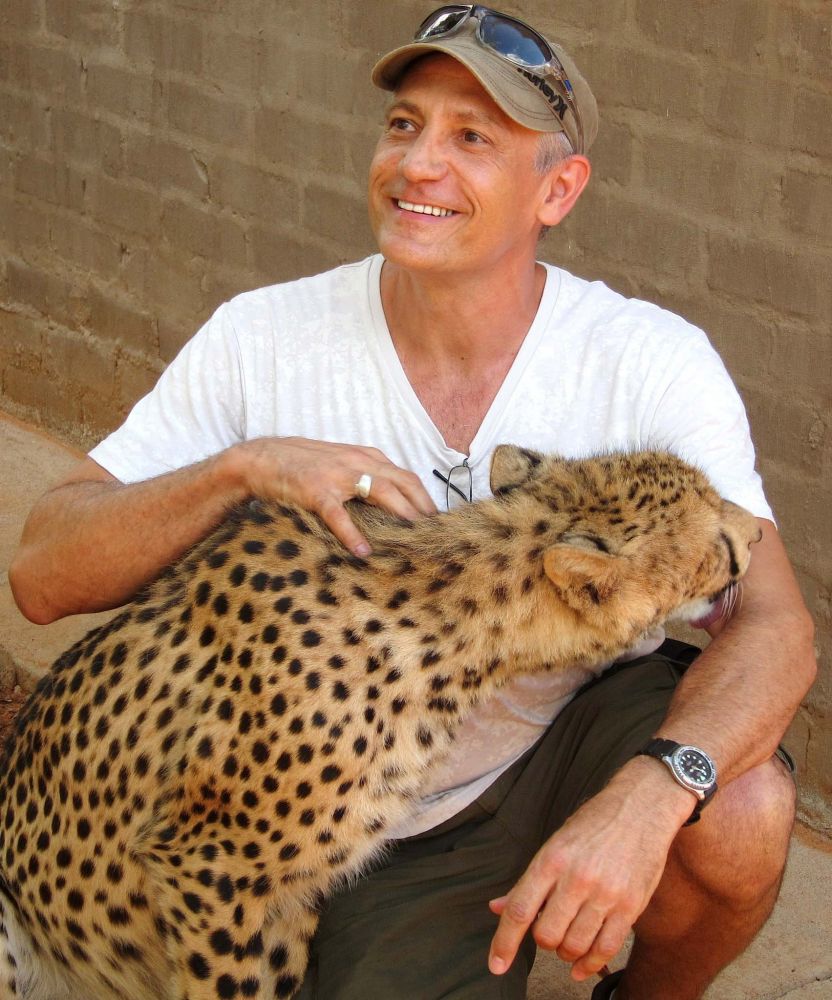![]()
We’re a multidisciplinary team.
We adapt to the challenge, just like our decision frameworks.
At our core, we’re environmental strategists, decision analysts, ecologists, complex systems modellers, economists and communicators. We bring in extra disciplines as required.
We use science + economics to inform decisions.






